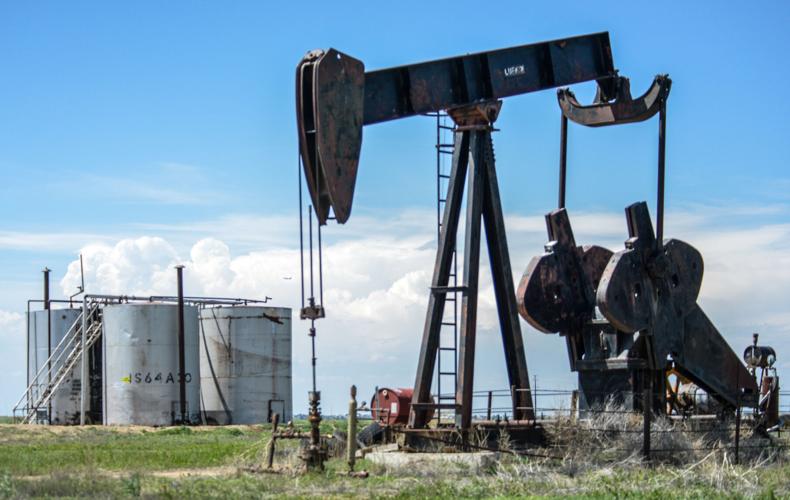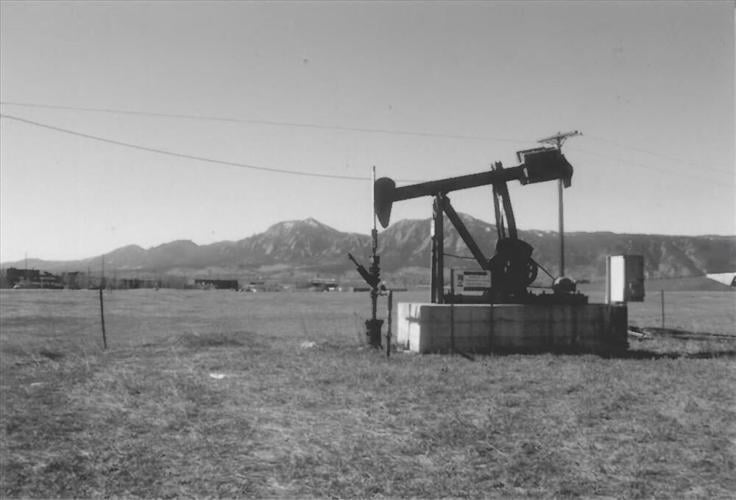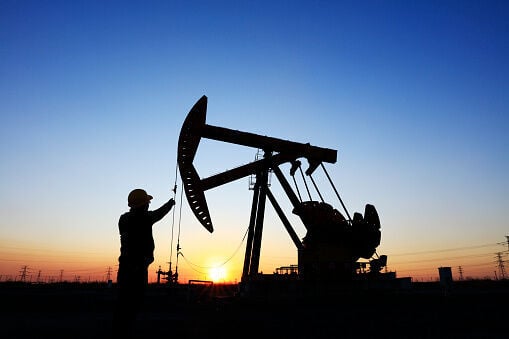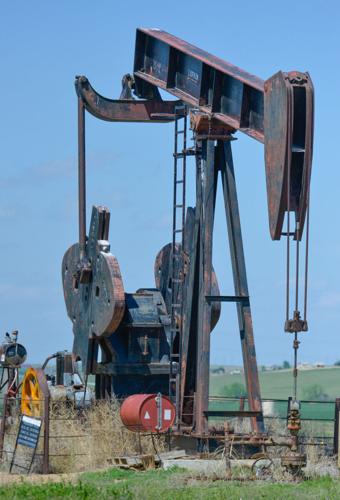Colorado Democrats formally introduce legislation to end new oil drilling by 2030
Democrats this week formally introduced legislation to ban all new oil and gas drilling in Colorado by 2030.
Senate Bill 24-159 mandates the Colorado Energy & Carbon Management Commission to adopt rules on ceasing the issuance of new oil and gas permits before Jan. 1, 2030.
Oil and gas production in Colorado is among the state’s top industries. A study from the American Petroleum Institute said that, in 2021, oil and gas activities contributed more than $48 billion to Colorado’s gross domestic product — $19.8 billion in direct benefits and $20.8 billion in indirect benefits, which constituted 11.2% of the state’s total GDP.
The study, prepared by PricewaterhouseCoopers, shows the industry supports more than 300,000 jobs, both direct and indirect, comprises 7.7% of Colorado’s total employment and provides $34.1 billion in labor income.
Sponsors claimed the move is necessary to counteract climate change and address “adverse health impacts,” while representatives of the oil and gas industry decried the measure. A spokesperson for Gov. Jared Polis earlier said he was not consulted on the proposal and had yet to review it.
The bill — sponsored by Sen. Sonya Jaquez Lewis, D-Boulder, Sen. Kevin Priola, D-Henderson, Rep. Andrew Boesenecker, D-Ft. Collins, and Rep. Julia Marvin, D-Thornton — says Colorado’s economy is “ready for the clean energy transition,” and claims the industry produces “roughly four times more natural gas, and two times more oil than Coloradans use.”
In an interview with The Denver Gazette on Wednesday, Jaquez Lewis said that, while oil and gas production is important to Colorado, it’s a “finite resource” and that “we can’t keep drilling forever.”
She also said that people and families living near oil and gas wells are developing adverse health conditions, such as asthma, “at an alarming rate,” and that the bill is “a land, air, water, and public health legislation.”
Jaquez Lewis added that Colorado “needs to be a participant in what many other countries have pledged to do” to reduce fossil fuel production in order to decrease greenhouse gas emissions, such as via the Paris Accord of 2015.
“The mere introduction of this bill sends a chilling message to every business across the state that some of our elected leaders are willing to put you out of business, even if you supply a product they use every single day,” Dan Haley, president and CEO of the Colorado Oil and Gas Association, said earlier.
In addition to the oil and gas drilling ban, the measure imposes expanded liability for decommissioning and remediating wells, saying it is “just and equitable for the owners and operators that have profited from oil and gas activity to pay for the remediation costs.” It goes on to say that “it is a matter of great importance to public health and safety” that the costs “be paid to the fullest extent by all potentially responsible parties.”
The bill makes prior owners and operators liable for cleanup costs of wells, regardless of how long ago they owned the facility and whether the prior operator violated any law.







